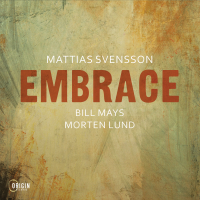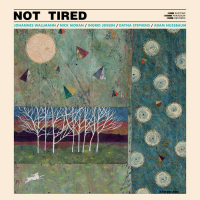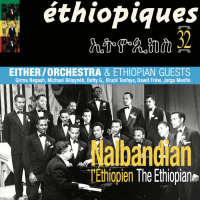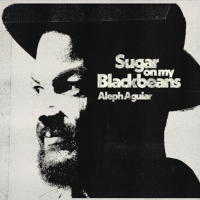Home » Jazz Articles » Album Review » Wes Montgomery: Echoes of Indiana Avenue
Wes Montgomery: Echoes of Indiana Avenue
That word, "masterpiece" appears to be the only word to describe this album. The reasons: it contains nine spectacular tracks by the guitarist including a selection of remarkable live recordings from 1957/58, which precede Montgomery's hitherto first-known Riverside album; and liner notes from the likes of historians, Dan Morgenstern, the brothers—Monk Montgomery and Buddy Montgomery—as well as recollections by David Baker and Pat Martino, and an excellent dissertation on the music itself by Bill Milkowski. Perhaps the only missing aspect is a blow-by-blow recording history.
And then there is the music. It is positively magical to hear Montgomery get in the groove. It is wonderful to hear the guitarist softly pluck his way through loping lines that swoop and curve in wide parabolas; leap and sweep in swinging, dancing inversions, and flutter and glide like a regal albatross hanging on a hot thermal, way above frothing and foaming harmonies from his cohorts who are also cooking up a polyrhythmic storm on piano, organ, bass and drums. There is that first breathtaking experience of Montgomery's path-breaking solo architecture that is a combination of single-note glissandi and dramatically enunciated octaves that build edifices in a grand manner. This is a first look at the legend who went from copying Charlie Christian soli note for note to the ingenious innovator who influenced every succeeding generation of guitarists, from Joe Pass, Pat Martino and George Benson to Pat Metheny, Russell Malone and Kurt Rosenwinkel.
The charts themselves are all classic renditions, from the Latin rhythm-inflected "Diablo's Dance" through the Monk standards "Round Midnight" and "Straight No Chaser." But the most alluring of them are the trio recordings with future organ acolyte Melvin Rhyne: "Darn That Dream"; and an aching ballad and the truly noirish version of "Round Midnight." There are also unforgettable versions of "Misty," "Body and Soul" and "After Hours Blues"—which features the guitarist as never before, flexing his sinewy musical muscles on a completely improvised blues.
This is a priceless recording that will leave the Montgomery fan and music historian breathless; both can only hope for more musical miracles like this in future.
Track Listing
Diablo's Dance; 'Round Midnight; Straight No Chaser; Nica's Dream; Darn That Dream; Take The 'A' Train; Misty; Body and Soul; After Hours Blues.
Personnel
Wes Montgomery
guitarWes Montgomery: guitar; Monk Montgomery: bass (3); Buddy Montgomery: piano (3); Mingo Jones: bass (6-9); Earl Van Riper: piano (6-9); Sonny Johnson: drums (6--8); Melvin Rhyne: piano (1, 4), organ (2, 5); Paul Parker: drums (1, 2, 4, 5); Unknown bassist (1, 4).
Album information
Title: Echoes Of Indiana Avenue | Year Released: 2012 | Record Label: Resonance Records
Tags
PREVIOUS / NEXT
Support All About Jazz
 All About Jazz has been a pillar of jazz since 1995, championing it as an art form and, more importantly, supporting the musicians who make it. Our enduring commitment has made "AAJ" one of the most culturally important websites of its kind, read by hundreds of thousands of fans, musicians and industry figures every month.
All About Jazz has been a pillar of jazz since 1995, championing it as an art form and, more importantly, supporting the musicians who make it. Our enduring commitment has made "AAJ" one of the most culturally important websites of its kind, read by hundreds of thousands of fans, musicians and industry figures every month.






















